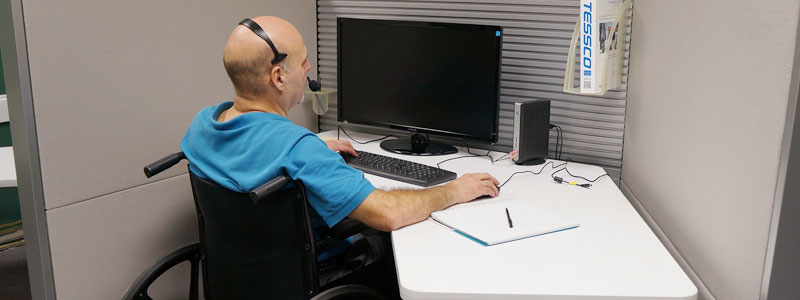Compensation for Permanent Injuries Through Workers’ Compensation
Some work-related injuries not only affect a person’s immediate ability to work, but also cause permanent damage to some part of their body. Even if they can return to their previous job after a time off for treatment, these workers may also be entitled to further medical or wage compensation for their permanent disability, no […]
Available 24/7
Free Case Review
You won’t pay any fees until we win your case.
It’s easy - you can:


